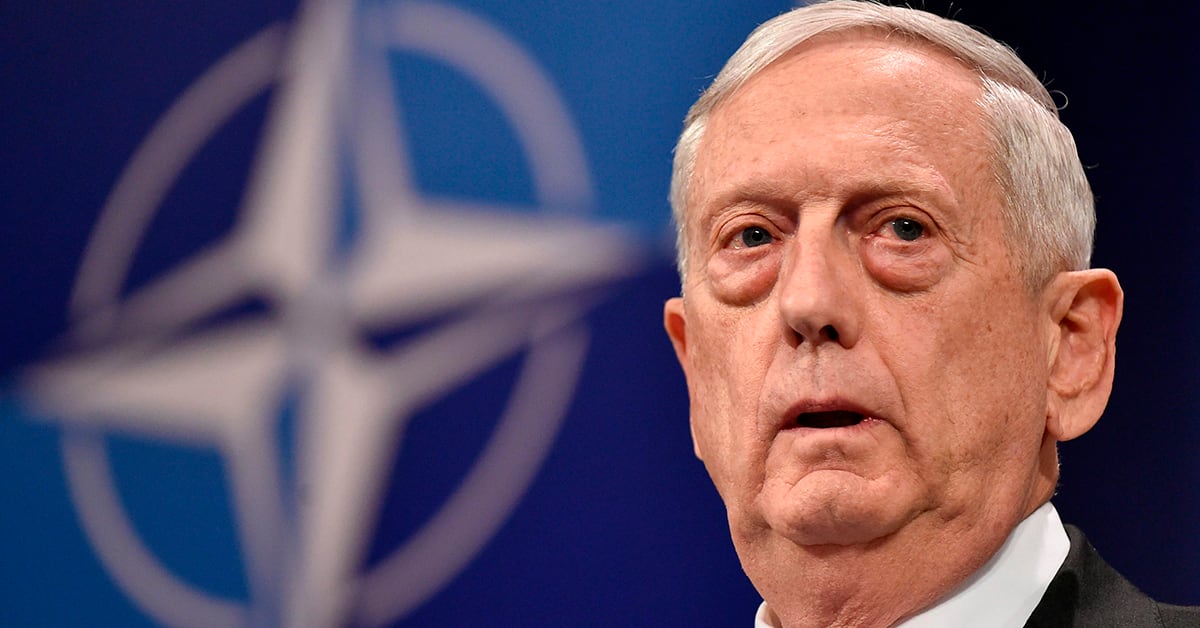WASHINGTON ― New rules requiring members of the military to be able to deploy or get out were put in place to ensure fairness in deployment rates, Defense Secretary Jim Mattis said.
“You’re either deployable, or you need to find something else to do. I’m not going have some people deploying constantly and then other people, who seem to not pay that price, in the U.S. military,” Mattis told reporters Feb. 17 in his first comments on the issue since the new policy was formally introduced.
“If you can’t go overseas [and] carry a combat load, then obviously someone else has got to go. I want this spread fairly and expertly across the force.”
Under new rules first reported on by Military Times, military members who have been non-deployable for the past 12 months or more will be separated from the military.
Approximately 11 percent, or 235,000, of the 2.1 million personnel serving on active duty, in the reserves or National Guard are currently non-deployable, Command Sgt. Maj. John Troxell, the senior enlisted adviser to Joint Chiefs Chairman Gen. Joe Dunford, told Military Times earlier this month.
Of that total non-deployable force, Troxell said, about 99,000 are on that list for administrative reasons, such as not having all their immunizations or their required dental exams. About 20,000 are not deployable due to pregnancy, and 116,000 are not deployable due to either short- or long-term injuries.
In discussing why he felt this policy was needed, Mattis said he felt it was no longer fair to ask healthy warfighters to carry the load for others, particularly due to the stress on military families from multiple deployments.
“They need time at home, they need time with their families. We may enlist soldiers, but we re-enlist families. That’s the way it is. If you can’t keep the family together, then you’re either going to lose the family or you’re going to lose the soldier, and that’s a net loss for our society and for our military,” he said.
Mattis stressed that those who were injured in the field would be exempt from the new policy, saying “we’ll find a place to use them. That’s a special category. They’ve earned that special status.” But for everyone else, either you have to be able to meet the requirements, or it’s time for you to go.
However, the secretary did acknowledge that the failure to meet deployability requirements is not always on the individual. The classic example is a situation where someone was unable to get a dental appointment quickly enough and hence did not meet the requirements.
And so, Mattis’ message is not just to the troops, but to those in charge: make sure bureaucracy doesn’t get in the way, and make every option available for those who need to get certain checks done. As an example, he imagined a scenario of “a base where everyone is dentally fully qualified, and they have a fort 200 miles away that’s not, bring down the dentist and get them qualified.”
“This isn’t all ‘somebody screwed up,’” he said. “The services have got to make certain they are working on deployability.”
Aaron Mehta was deputy editor and senior Pentagon correspondent for Defense News, covering policy, strategy and acquisition at the highest levels of the Defense Department and its international partners.




